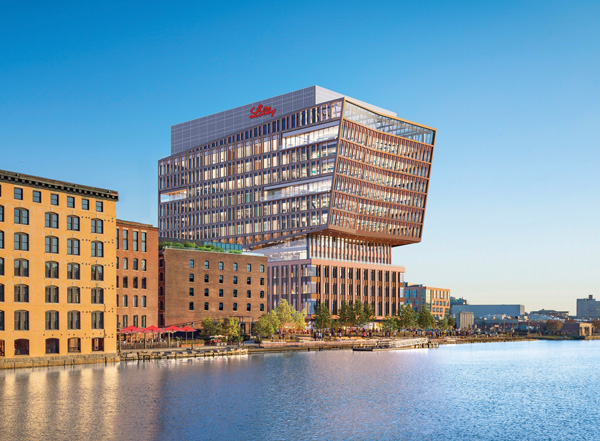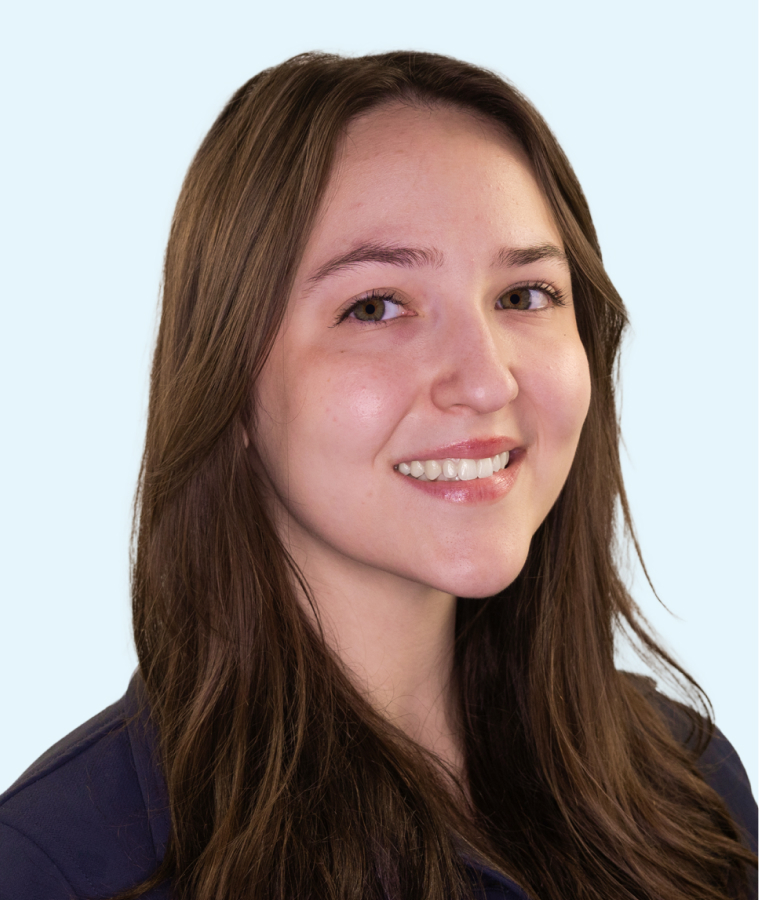Life sciences and Massachusetts have long been synonymous. With no shortage of prestigious universities producing a pipeline of highly skilled scientists and remarkable innovations, the Boston area remains one of the top life sciences clusters in the United States. This metropolitan area, which also includes Cambridge, Worcester and Waltham, is home to over 1,000 biotechnology companies, ranging from startups to pharmaceutical giants such as Biogen, Moderna and Takeda.
Companies continue to expand their presences in the region to access this exceptional talent pool and assist in developing the innovations the bright minds at Harvard, MIT, Boston University and Tufts are conceptualizing.
MassBioEd reports that the state’s life sciences employment increased by 11.6% from 2021 to 2023, outpacing the national growth rate of 6.3%. Even with layoffs in 2023 hindering growth, Massachusetts life sciences employment still managed to increase by 2.5% last year. And over the next 10 years, it is expected to increase by 32%, adding 38,000 new life sciences jobs to this ecosystem.
With new and expanding companies continuing to open operations in the area, this prediction seems to be on the path to fruition.
Bolstering Bright Ideas
On August 13, Eli Lilly and Company announced the opening of the Lilly Seaport Innovation Center (LSC), a research and development facility in Boston dedicated to advancing RNA and DNA-based therapies as well as discovering new drug targets to create medicines across several disease states, including diabetes, obesity, cardiovascular diseases, neurodegeneration and chronic pain.
Encompassing 346,000 sq. ft. in a 12-story building in the rapidly expanding Boston Seaport, LSC is fitted with laboratories and office space to support its research goals as well as house the first Lilly Gateway Labs location on the East Coast. Lilly Gateway Labs is the company’s innovation hub that strives to connect promising, early-stage biotech startups with the guidance needed to navigate and expedite the development of life-changing medicines. Companies that participate maintain full ownership of their intellectual property while gaining access to wet lab spaces, operational support and Lilly expertise. In offering this program, Lilly aims to not only foster scientific breakthroughs but help entrepreneurs avoid common pitfalls.
This new location has the capacity to accommodate approximately 500 Lilly scientists and researchers, as well as 200 people from the companies participating in Gateway Labs.
Since opening its first location in December 2019, Gateway Labs in San Francisco has hosted over 20 biotech companies, with more than 50 therapeutics and platforms currently in development, and more than $1 billion raised by partner companies. In addition to this new site in Boston, Gateway Labs is expanding to four sites across San Francisco and San Diego in 2024, cementing its foothold and ability to impact innovation in three of the nation’s leading life sciences clusters.
Joining the Pharma Frontier
Eli Lilly and Company isn’t the only pharmaceutical giant that decided Boston was the perfect location to open an innovation hub. In February, Novo Nordisk opened its newest location at its U.S. R&D hub in Greater Boston. Already spanning four locations in Cambridge, Watertown and Lexington, with the addition of this new site Novo Nordisk will be creating one of its largest R&D hubs outside of Denmark.
“The Boston area is the leading center of biopharmaceutical innovation in the U.S.,” said Marcus Schindler, PhD, executive vice president for Research & Early Development and chief scientific officer of Novo Nordisk, in 2023. “With more than 1,000 life science companies, world-renowned institutions at the forefront of scientific discovery, and leading academic institutions, the life sciences community in greater Boston has produced some of the world’s most innovative ideas in medicine. With today’s announcement, we are committing to further expansion and to having a major life sciences presence in the Boston area, to support pipeline expansion into new modalities, with the ultimate goal of delivering new innovative medicines to people living with chronic diseases.”
This project coincides with the company’s plans to establish Greater Boston as the home of its primary U.S. R&D operations. Through this shift, Novo Nordisk plans to transfer its lab-based discovery activities from Seattle to other locations in its global R&D network as well as close its R&D facility in Indianapolis — which happens to be the home of Eli Lilly headquarters as well.
While this change will eliminate approximately 20 positions in Indianapolis and another 80 in Seattle, the company has announced that it will offer affected employees the opportunity to pursue open positions at other locations.
On a more positive note, Novo Nordisk’s expanded presence in Massachusetts is expected to create more than 200 local jobs, with many of these positions involved in data science, biology or chemistry research, and ribonucleic acid interference (RNAi) research and clinical development.
More is still to come. The company expects to add another site to this network in 2025 and has announced that it will be leasing 166,000 sq. ft. at a building in Waltham that’s being redeveloped into lab space by Alexandria Real Estate Equities Inc. Previously Verizon Communication’s complex, the building was purchased by Alexandria as one of three sites in 2020 for $330 million.

